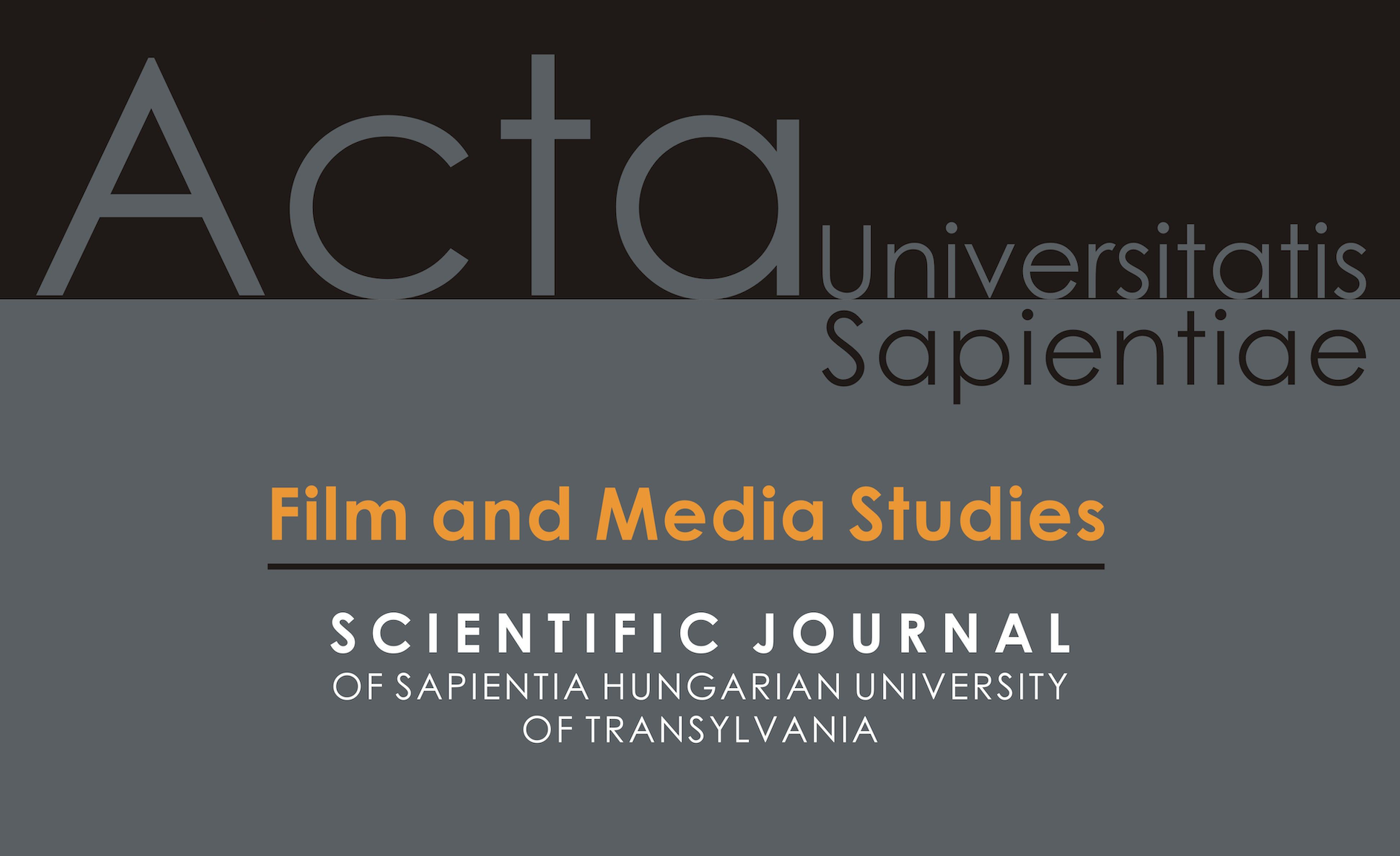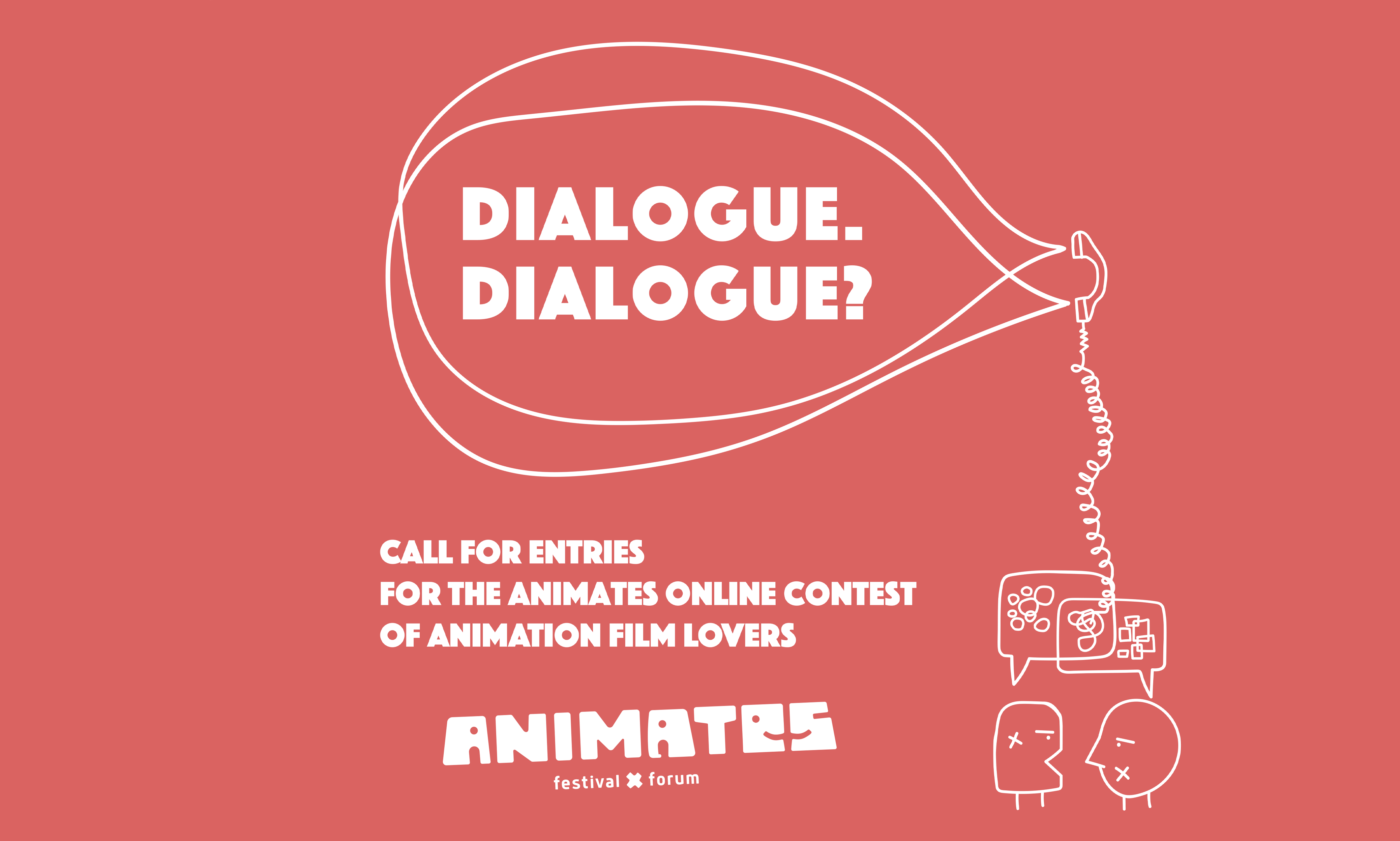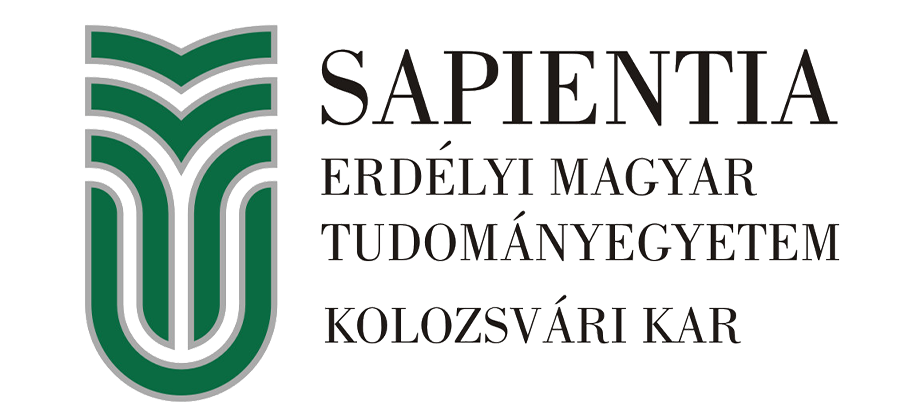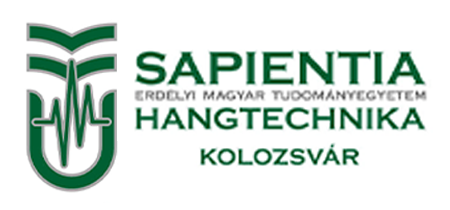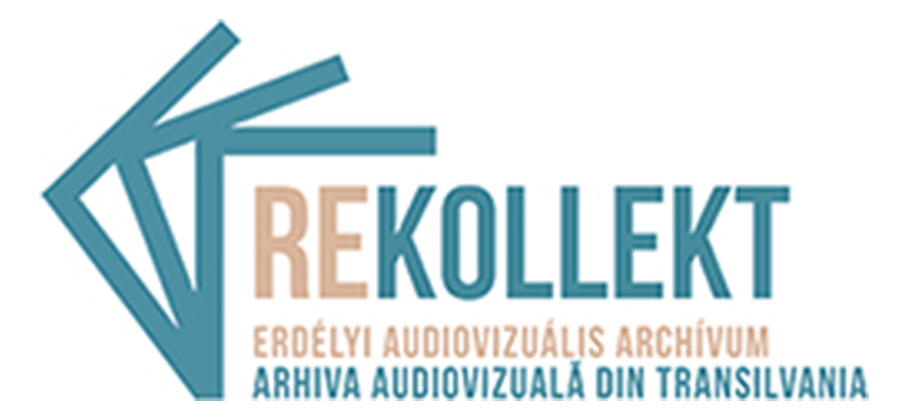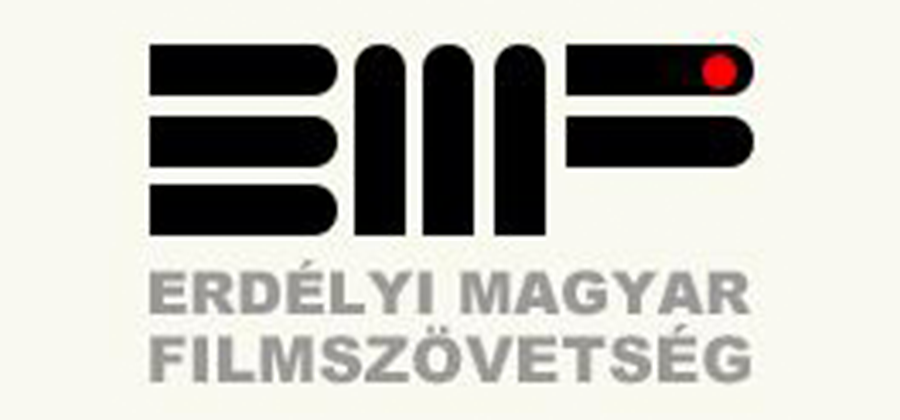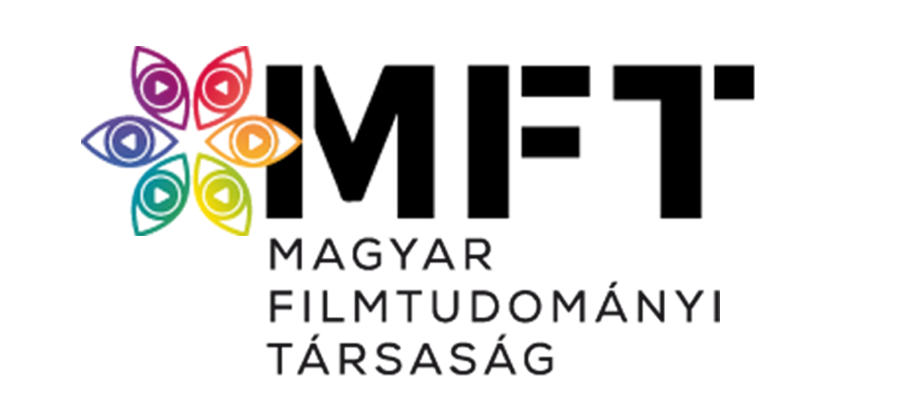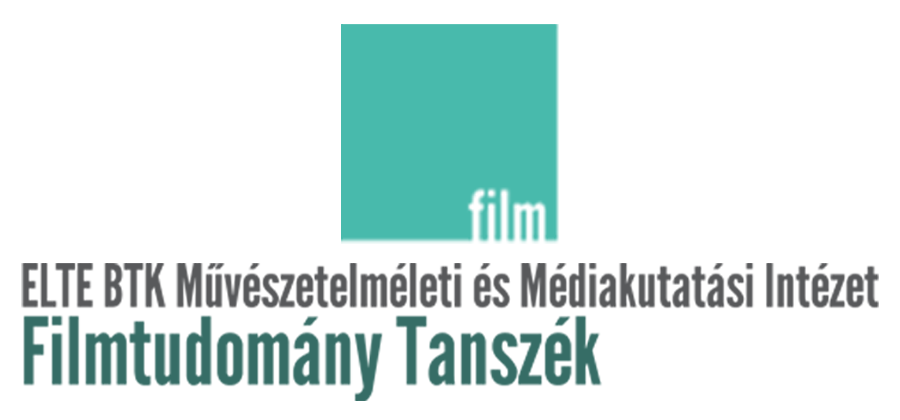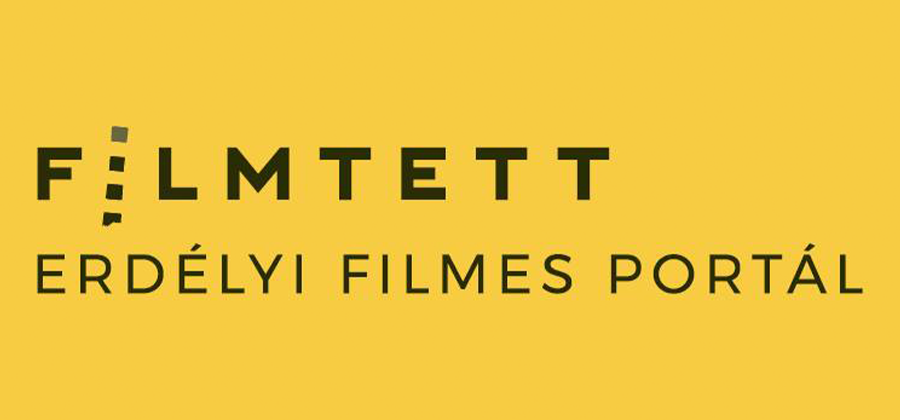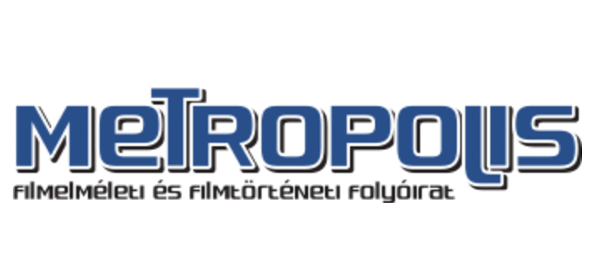| Research / Conferences / | previous | next |
XI. International Film and Media Studies Conference in Transylvania
REALITY OR FICTION?
Cluj-Napoca, 2008. September 26-28.
bstracts:
Conference Programme:
Selection of papers published in:
the scientific journal of the Sapientia University, Series Film & Media Studies: Acta Universitatis Sapientiae, Series Film & Media Studies, vol. 1-2. (due to be published in May 2009)
Â
DESCRIPTION OF THE CONFERENCE
Call for Papers:
Ever since the appearance of film certain theorists hailed in the moving image its ability to document reality, while others have been talking about the power of the movies to create a perfect illusion of reality. The history of the moving image itself is said to be rooted in the contrasting poetics of the LumiÃĻre brothers' portrayal of everyday life and MÃĐliÃĻs's most escapist travels in fantasy. The debate was kept alive, from opposite directions, by the first avant-gardists who undertook to dismantle the filmic illusion and later by the neorealists and their theorist, AndrÃĐ Bazin, who asserted the realist ontology of the image as a norm.
Nowadays the question of "reality and fiction" has gained actuality by the ever multiplying media forms of the moving image. Classical movie theatre experience has been replaced by a cinema based on new digital technologies from Dolby stereo sound to computer graphics in order to provide an overwhelming audiovisual experience which engulfs its viewers. Television, with its own genres specially linked to reality, has become part of our everyday life, home video or interactive 3D computer games, or even mobile phones have become media for our daily consumption of moving images.
In the meantime the theoretical debate about the double-sided effect of the movies was given further twists by new methodologies in ecological and cognitive film theory as well as cultural theories and visual anthropology.
New modes of filmmaking appeared which were dubbed as docu-fiction or fictional documentary, elements of reality and elements of fiction were brought together either by re-editing âfound' footage or by integrating genuinely or seemingly documentary images within a fictional framework. Werner Herzog's Grizzly Man (2005) may exemplify the first, and BÃĐla Tarr's early works as well as his Satantango (1994) the second tendency.
The conference aims to provide a platform for a basically interdisciplinary approach to the relationship of reality and fiction in moving images. The purpose is to bring together film theorists in various disciplines, historians of film and visual media and visual anthropologist as well as filmmakers who grapple with a similar problem of integrating reality and fiction.
A special panel will be devoted to the art of BÃĐla Tarr. His works are an ideal target to analyze both the engaging character of the moving image and its realistic appeal. We also invite Ph.D students and young scholars working on old or new forms of visual simulation to participate in a special session on digital media representation.
Participants are invited to address the following issues:
- Historical and/or stylistic variations of reality and fiction in filmic representation. Tendencies in contemporary Eastern-European film art.
- Theoretical treatments of the relationship of reality and fiction in film theory and visual anthropology.
- Case studies of the reality of fiction or fictional reality in different media and genres of the moving pictures (genres based on either "pure" fiction or reality, or their hybridization, the questions of TV genres versus reality). A panel dedicated to problems raised by new and hybrid forms of media and digital cinema.
- Special panel: The Art of BÃLA TARR. The relationship of reality and fiction in Tarr's films.
Invited keynote speaker: ANDRÃS BÃLINT KOVÃCS (EÃķtvÃķs LorÃĄnd University, Budapest).
Offical language of the conference: English and Hungarian (in parallel sessions)
At the end of the conference participant are invited to a banquet and a guided tour of the city.
The organizers of the conference: Sapientia Hungarian University of Transylvania (Department of Photography, Film and Media) and University of PÃĐcs (Center for the Study of the Moving Image). Thus the conference continues the tradition of the earlier Film and Media Studies Conferences in Transylvania, Cluj and The Laterna Magica Film Academy conferences in PÃĐcs.
Â





